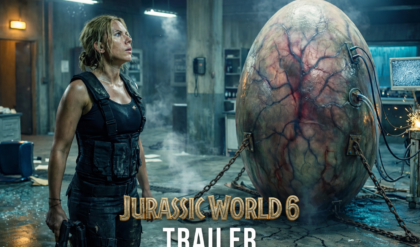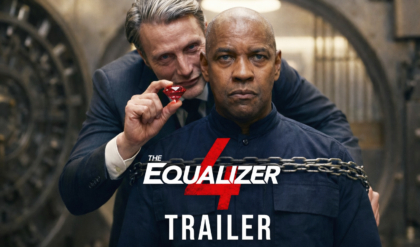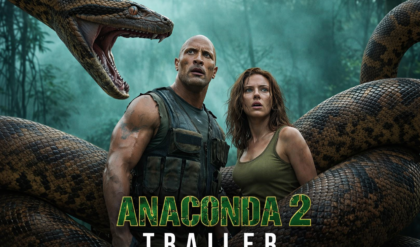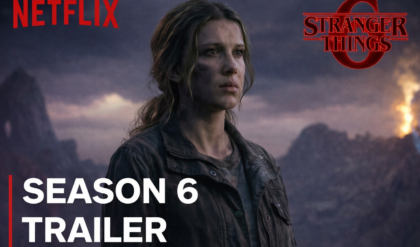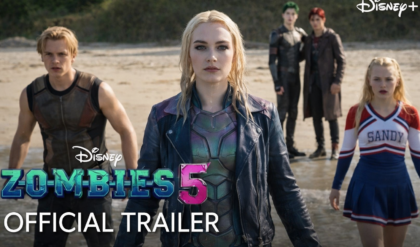Onimusha 2 Remaster: A Sales Flop Amid Controversy
Capcom’s Onimusha 2: Samurai’s Destiny remaster, launched on May 23, 2025, was meant to revive a PlayStation 2 classic, but instead, it has stumbled into a storm of disappointment, with sales labeled an “abysmal flop” and fans crying, “Modern gamers betrayed a classic!” Reports indicate a mere 1.6 thousand concurrent players on Steam at launch, a far cry from the hype surrounding Capcom’s modern hits like Resident Evil 4 Remake. Social media is ablaze with outrage, pinning the blame on controversial censorship, the inclusion of Denuvo DRM, and a failure to capture a new audience. Yet, the remaster’s HD visuals, modernized controls, and new difficulty modes have earned praise, leaving the gaming community divided. As Capcom gears up for Onimusha: Way of the Sword in 2026, this saga of a samurai sequel’s struggles reveals the perils of remastering a niche franchise and the complex dance between nostalgia and modern expectations.
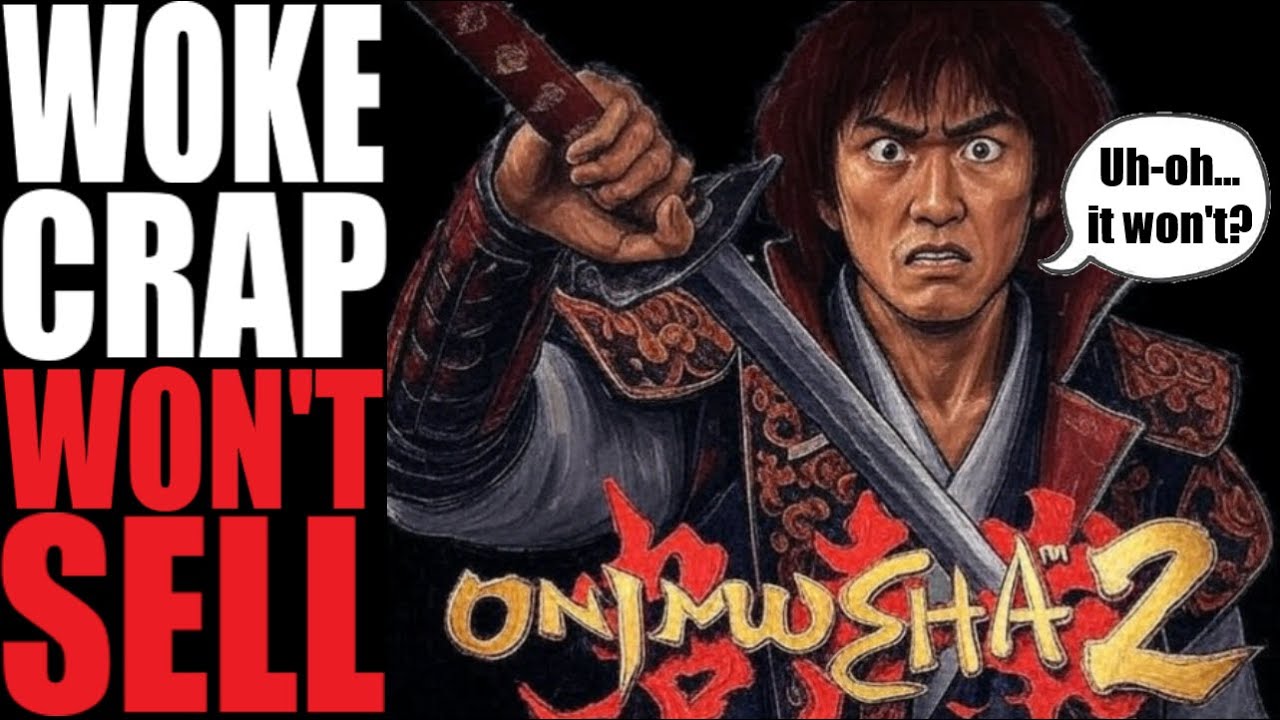
The Remaster’s Rocky Launch
Onimusha 2: Samurai’s Destiny, originally released in 2002, follows Jubei Yagyu, a warrior seeking revenge against the demonic warlord Nobunaga Oda, who razed his village. The game, lauded for its Resident Evil-esque fixed-camera angles, parry-based combat, and companion gift system, sold 2.1 million copies on PS2, making it the series’ bestseller. The 2025 remaster, developed using Capcom’s RE Engine, promised to bring this classic to PC, PS5, Xbox Series X|S, and Nintendo Switch with enhanced visuals, a 16:9 aspect ratio, and quality-of-life features like auto-saves, skippable cutscenes, and seamless weapon switching. New difficulty modes—Easy for newcomers and a one-hit-death “Hell” mode for veterans—aimed to broaden appeal, alongside a gallery with 100 artworks and an orchestral soundtrack pack for pre-orders.
Despite these efforts, the remaster launched to a tepid response. Steam data showed only 1.6 thousand concurrent players at release, a stark contrast to Capcom’s Resident Evil Village (106 thousand peak) or even Okami HD (1.4 million sales). While total sales figures across platforms remain undisclosed, the low Steam numbers and vocal backlash suggest a commercial misfire. This echoes the 2019 Onimusha: Warlords remaster, which sold just 300 thousand units, well below Capcom’s modest expectations, halting plans for Onimusha 2 and 3 remasters at the time. The 2025 attempt to revive Onimusha 2 has reignited debates about the series’ viability in today’s market.
Censorship and Denuvo: The Fan Backlash
The remaster’s struggles are largely attributed to two controversial decisions: minor censorship and the inclusion of Denuvo DRM. Reports indicate that Capcom altered certain elements—likely character designs or dialogue—to align with modern sensibilities, though specifics are vague. Fans on social media platforms like X decried these changes as “unnecessary,” arguing that a 23-year-old M-rated game shouldn’t be sanitized, especially when its original appeal lay in its gritty, unapologetic tone. One post lamented, “Censorship is cancership,” reflecting a sentiment that Capcom betrayed its loyal base to chase a broader audience that never materialized.
Denuvo, an anti-piracy software notorious for impacting performance, was another lightning rod. Known for increasing load times and CPU usage, Denuvo has been criticized for punishing paying customers while pirates often bypass it. The remaster’s Steam page faced review bombing, with players citing Denuvo’s presence as a dealbreaker, especially for a single-player game from 2002. Some argued that emulating the original PS2 version was a better experience, free from DRM and censorship. These issues, combined with a $40 price tag—high for a remaster with minimal new content—alienated core fans, who felt Capcom prioritized corporate caution over authenticity.
A Niche Classic in a Modern Market
The Onimusha series, launched in 2001, was a PS2-era staple, blending samurai action with survival horror. Warlords sold 2 million copies, followed by Onimusha 2 (2.1 million) and Onimusha 3 (1.5 million), but the franchise faded after Dawn of Dreams (2006). The 2019 Warlords remaster, intended to test the waters, underperformed, with fans noting its lack of Genma Onimusha’s Xbox-exclusive features and insufficient marketing. Capcom’s decision to remaster only the first game, rather than a trilogy collection, was seen as a misstep, limiting its appeal to nostalgic fans rather than new players.
Onimusha 2’s remaster faced similar challenges. Its fixed-camera angles and basic combat, while innovative in 2002, feel dated compared to modern action games like Ghost of Tsushima or Sekiro. The remaster’s conservative approach—prioritizing fidelity over reinvention—preserved the original’s charm but failed to address flaws like clunky camera cuts and grindy soul collection for upgrades. While quality-of-life tweaks (auto-saves, modern controls) were welcomed, they weren’t enough to draw a “modern audience” unfamiliar with the series. The game’s five-to-six-hour runtime and $40 price tag further deterred newcomers, who could access newer titles for less via subscriptions like Game Pass.
The “Modern Audience” Debate
The claim that the “modern audience failed” Onimusha 2 oversimplifies the issue. Social media posts have blamed younger gamers for ignoring a classic, but the reality is more complex. The gaming market in 2025 is saturated, with blockbusters like Assassin’s Creed Shadows and indies vying for attention. Onimusha 2, a remaster of a niche PS2 title, struggled to stand out, especially with minimal marketing compared to Capcom’s Resident Evil or Monster Hunter campaigns. The series’ 20-year dormancy meant only older fans, now in their 30s and 40s, recognized it, while younger players had little context.
Capcom’s attempt to appeal to a broader audience through censorship backfired, alienating loyalists without attracting newcomers. The Warlords remaster’s failure taught Capcom little, as Onimusha 2 repeated similar mistakes: a standalone release, no trilogy bundle, and a price point that felt steep for a 23-year-old game. Fans on X argued that a $60 collection of Onimusha 1-3, or a full remake like Resident Evil 2, would have fared better, leveraging nostalgia and modern polish to draw a wider crowd.
BioWare’s Shadow: A Parallel Struggle
The Onimusha 2 debacle parallels recent gaming controversies, like Dragon Age: The Veilguard’s struggles. Both faced accusations of “modern audience” pandering—Veilguard for its inclusive elements, Onimusha 2 for censorship—while failing to meet sales targets (Veilguard sold 1.5 million vs. 3 million expected). Alix Wilton Regan, a Dragon Age actress, claimed fans “wanted BioWare to fail,” a sentiment mirrored in Onimusha’s backlash, where fans felt Capcom betrayed the original vision. Both cases highlight the risk of alienating core audiences while chasing elusive new players, with Mass Effect 5 and Onimusha: Way of the Sword now shouldering redemption hopes.
The Road to Way of the Sword
Capcom’s upcoming Onimusha: Way of the Sword, slated for 2026, aims to revive the series with a new entry, not a remaster. Set in feudal Japan, it promises modern visuals and refined swordplay, leveraging the RE Engine for immersive battles. The Onimusha 2 remaster was meant to build hype, but its flop raises concerns about the franchise’s viability. Fans on X worry that poor sales could jeopardize Way of the Sword, especially if Capcom sees Onimusha as a risky investment compared to Resident Evil’s consistent success.
The remaster’s failure offers lessons. First, Capcom must prioritize authenticity, avoiding censorship that alienates fans. Second, marketing must target both nostalgic players and newcomers, perhaps through trilogy collections or demos. Third, Way of the Sword needs bold innovation—modern combat, dynamic environments—to compete in 2026’s crowded market. A successful launch could revive Onimusha, potentially leading to remasters of Onimusha 3 or Dawn of Dreams, but another misstep might bury the series again.
A Samurai’s Legacy Tarnished?
Onimusha 2: Samurai’s Destiny’s remaster was a labor of love, with director Motohide Eshiro emphasizing respect for the original’s “complete” design. Its HD visuals, smooth performance, and new modes honor the PS2 classic, but censorship, Denuvo, and a niche appeal doomed its sales. The narrative that “modern gamers failed” Onimusha ignores Capcom’s missteps: insufficient marketing, a high price, and a failure to bundle the trilogy. As Way of the Sword looms, the remaster’s flop is a cautionary tale, urging Capcom to wield its blade with precision. For now, Jubei’s revenge remains a bittersweet memory, its fate a battle still unwon. Dive into the drama, unpack the samurai’s struggle, and see why this flop has everyone buzzing.

